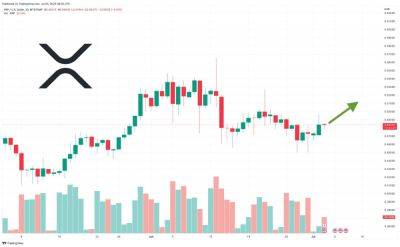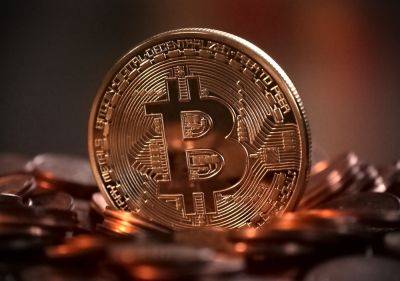The SEC is targeting Coinbase, Binance as proxies in its war on crypto
Imagine your daily commute to work, uninterrupted by traffic lights or stop signs, allowing you to sail smoothly. Suddenly, a new red stop sign disrupts your route, turning a main intersection into a four-way stop overnight. That evening, a letter from local law enforcement shocks you with a hefty retroactive fine for every time you passed the spot where the new sign stands today.
Absurd as it seems, this analogy encapsulates the United States Securities and Exchange Commission’s approach in its lawsuits against Coinbase and Binance.
The SEC alleges in its lawsuits that the two companies operated “unregistered” exchanges and sold “unregistered” securities. Its case against Binance alleges misconduct such as internal wash trading and self-dealing to artificially inflate trading volumes, indicating a focus on appearance over ethical business practices.
Related: Gary Gensler is hurting the little guys for Wall Street
It also questions Binance.US’ independence from its parent company, Binance International, suggesting the latter held significant control over its U.S. branch. The SEC is making that case because it could extend the agency’s jurisdiction to the broader Binance International organization.
Today we charged Binance Holdings Ltd. (Binance); U.S.-based affiliate, BAM Trading Services Inc., which, together with Binance, operates https://t.co/swcxioZKVP; and their founder, Changpeng Zhao, with a variety of securities law violations.https://t.co/H1wgGgR5ir pic.twitter.com/IWTb7Et86H
The SEC also labels multiple products offered on the U.S. platform as securities, including Binance’s BNB (BNB), Binance USD (BUSD), BNB Vault and Simple Earn programs, and highlights the alleged commingling and diversion of customer
Read more on cointelegraph.com




















